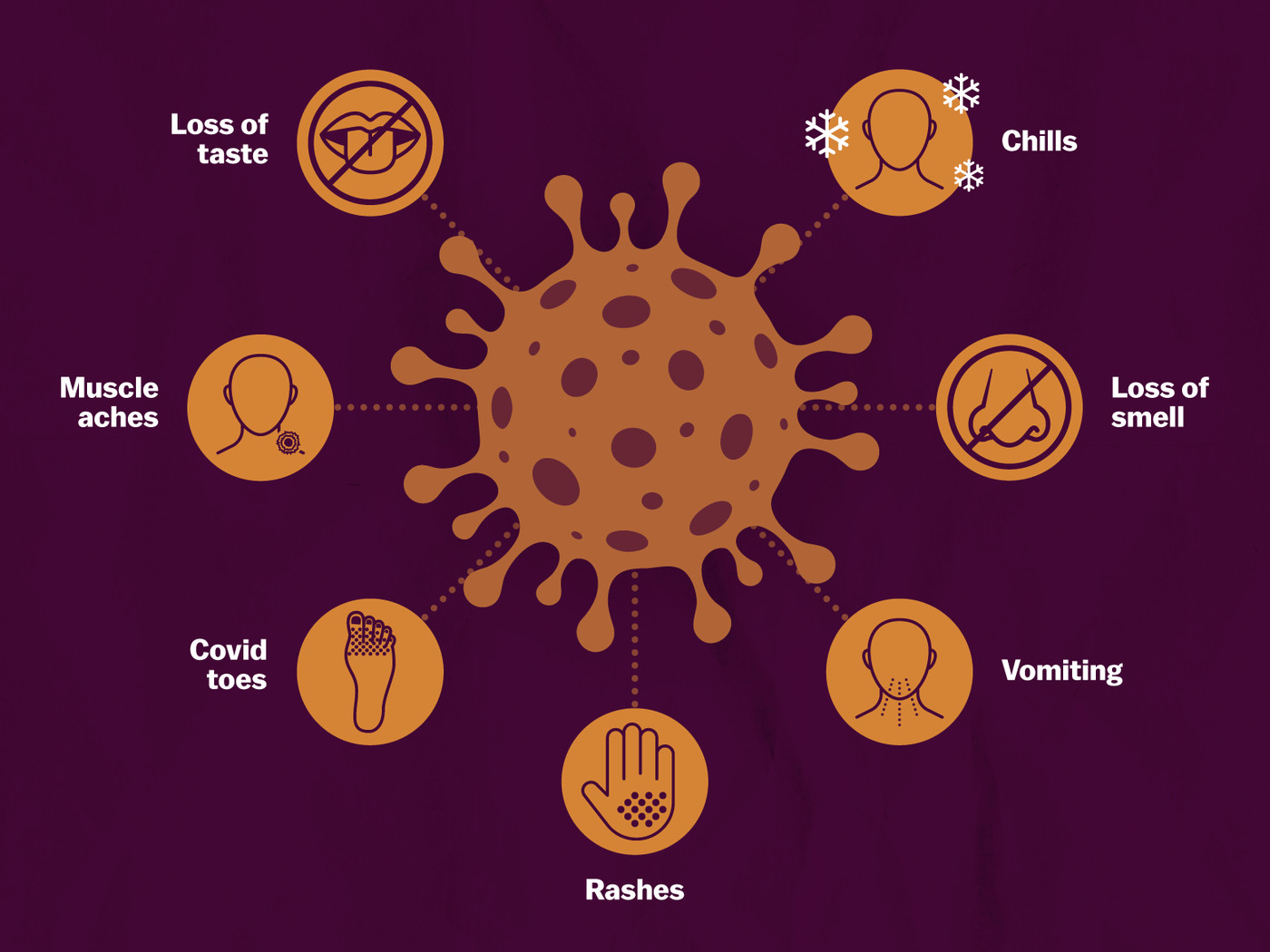Abstract
There are still many unanswered questions about the novel coronavirus; however, a largely underutilized source of knowledge is the millions of people who have recovered after contracting the virus. This includes a majority of undocumented cases of COVID-19, which were classified as mild or moderate and received little to no clinical care during the course of illness. This study aims to document and glean insights from the experiences of individuals with a first-hand experience in dealing with COVID-19, especially the so-called mild-to-moderate cases that self-resolved while in isolation. This web-based survey study called C19 Insider Scoop recruited adult participants aged 18 years or older who reside in the United States and had tested positive for COVID-19 or antibodies. Participants were recruited through various methods, including online support groups for COVID-19 survivors, advertisement in local news outlets, as well as through professional and other networks. The main outcomes measured in this study included knowledge of contraction or transmission of the virus, symptoms, and personal experiences on the road to recovery. A total of 72 participants (female, n=53; male, n=19; age range: 18-73 years; mean age: 41 [SD 14] years) from 22 US states were enrolled in this study. The top known source of how people contracted SARS-CoV-2, the virus known to cause COVID-19, was through a family or household member (26/72, 35%). This was followed by essential workers contracting the virus through the workplace (13/72, 18%). Participants reported up to 27 less-documented symptoms that they experienced during their illness, such as brain or memory fog, palpitations, ear pain or discomfort, and neurological problems. In addition, 47 of 72 (65%) participants reported that their symptoms lasted longer than the commonly cited 2-week period even for mild cases of COVID-19. The mean recovery time of the study participants was 4.5 weeks, and exactly one-half of participants (50%) still experienced lingering symptoms of COVID-19 after an average of 65 days following illness onset. Additionally, 37 (51%) participants reported that they experienced stigma associated with contracting COVID-19. This study presents preliminary findings suggesting that emphasis on family or household spread of COVID-19 may be lacking and that there is a general underestimation of the recovery time even for mild cases of illness with the virus. Although a larger study is needed to validate these results, it is important to note that as more people experience COVID-19, insights from COVID-19 survivors can enable a more informed public, pave the way for others who may be affected by the virus, and guide further research.
Direct link to paper
